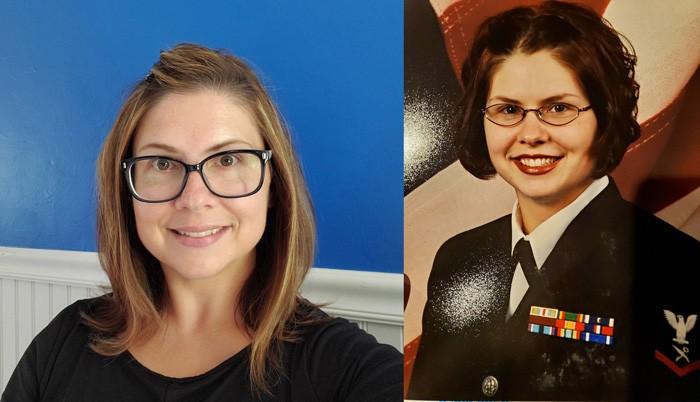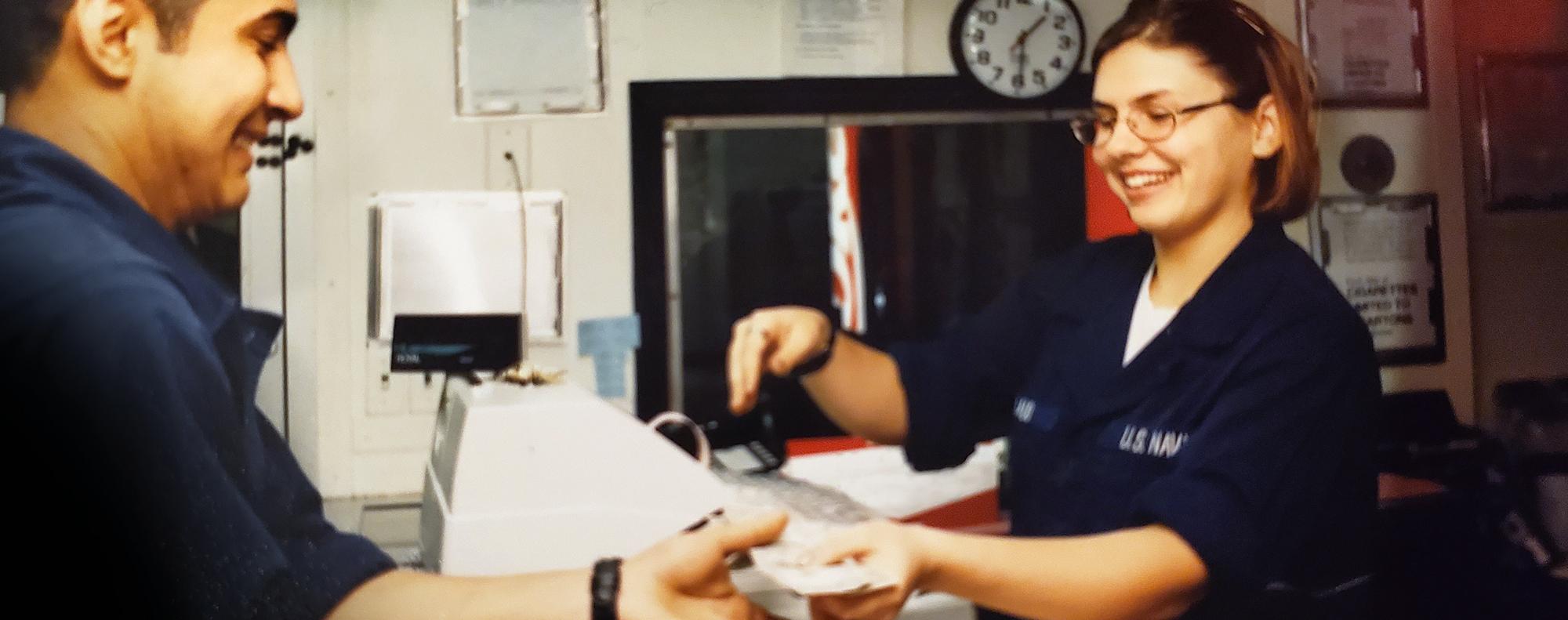
Keeping everyone on board
How this Navy vet’s deployments prepared her for her biggest mission yet—teaching high school special education during a global pandemic.
Author: Melissa Michaud-Maltese

How this Navy vet’s deployments prepared her for her biggest mission yet—teaching high school special education during a global pandemic.
Author: Melissa Michaud-Maltese
It was 10am on the USS Inchon MCS-12 somewhere in the middle of the Atlantic Ocean. I was probably handing a shipmate his change at the on-board commissary where I worked when I heard the call: “Man overboard!”
I dropped everything, secured my location and rushed to my command post. I didn't know what I would be called to do. I might need to pilot a boat, give CPR, put out a fire or operate a switchboard. I had to be open and ready for any number of outcomes, many of which I could not predict.
On this and many other occasions during my four deployments with the Navy, I practiced the live-saving skills of thinking on my feet and staying open to change. These same skills have been crucial to the success of my current mission—teaching high school special education during a global pandemic.
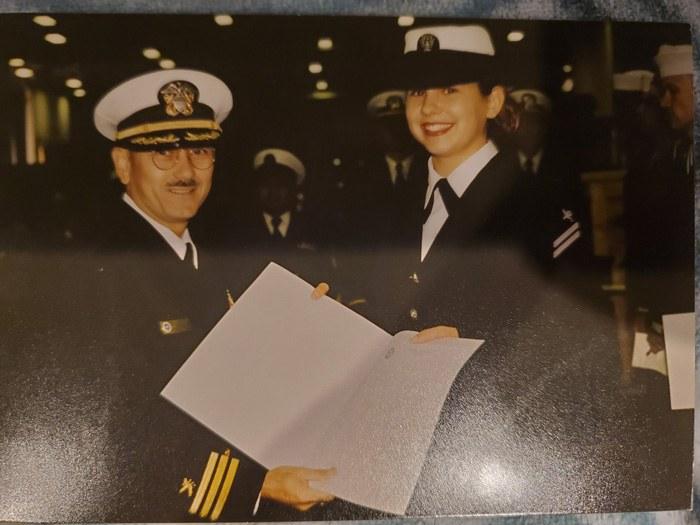
I’m not going to paint a rosy picture of the Spring 2020 semester. It was hard transitioning from the regular, in-person school day to a remote model. We did not have access to video chats or voice chats at first and had to make do with a combination of email and shared Google docs. Students and teachers were in uncharted water.
Imagine trying to get a group of Chemistry students together in a Google doc to practice balancing equations or solving for X. At times, it was extremely challenging. And some nights, I was working until 9 pm or later.
But the school community came together and figured out a way forward. We enabled chat and got online “phone” numbers so we could message students without exchanging personal information. We made calls. We reached out. We did our best to get everyone on board and keep them there.
As a special education teacher, my job is to help kids understand the material in a different way—to creatively collaborate with students to get to that “ah ha” moment. I take the curriculum and mold it for my kids, so that it’s suited to their learning needs. My job is creative problem-solving and helping students and families find solutions. So much of this work is in social interaction. With the building closed, it was hard not being able to communicate in real time.
I am always telling my students that they can do it, they can figure it out. And I’m always telling them to “stay flexible like Gumby” so they remember they can handle changes. I think of this openness as a “bouncy ball feeling” and I felt it all the time in the Navy.
So, along with my teacher colleagues, I channeled my inner Gumby, called up that bouncy ball feeling and got creative.
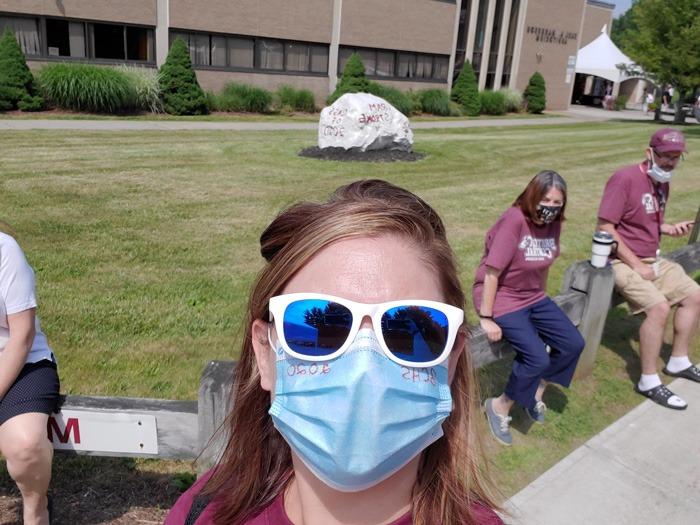
In this creative mindset, I started to notice an interesting pattern. Some of my students who struggled most in a traditional academic setting turned into A+ students. These students tended to have a hard time in the controlled chaos that is the typical high school. Once we found an online structure that worked for them, they began to thrive.
This is a lesson I will take back with me when school is able to resume in-person classes. I’m already scheming ways to incorporate online modules for those students who enjoyed it, even when they are physically present in school.
I don’t know yet what Fall 2020 is going to look like. I don’t think anyone really knows. Right now we are preparing for a few different scenarios. My district is aiming for full physical school, and, even though I’m not 100 percent comfortable (I got the flu at school last year!), I believe that we are making decisions based on best practices in science/health and what’s best for the community.
In the Navy, we didn’t know from day to day what challenges we would face. We had to be able to work with anybody toward a common goal. I worked with people from many different cultures and with many different personalities. The more adaptable we all were, the better the outcome.
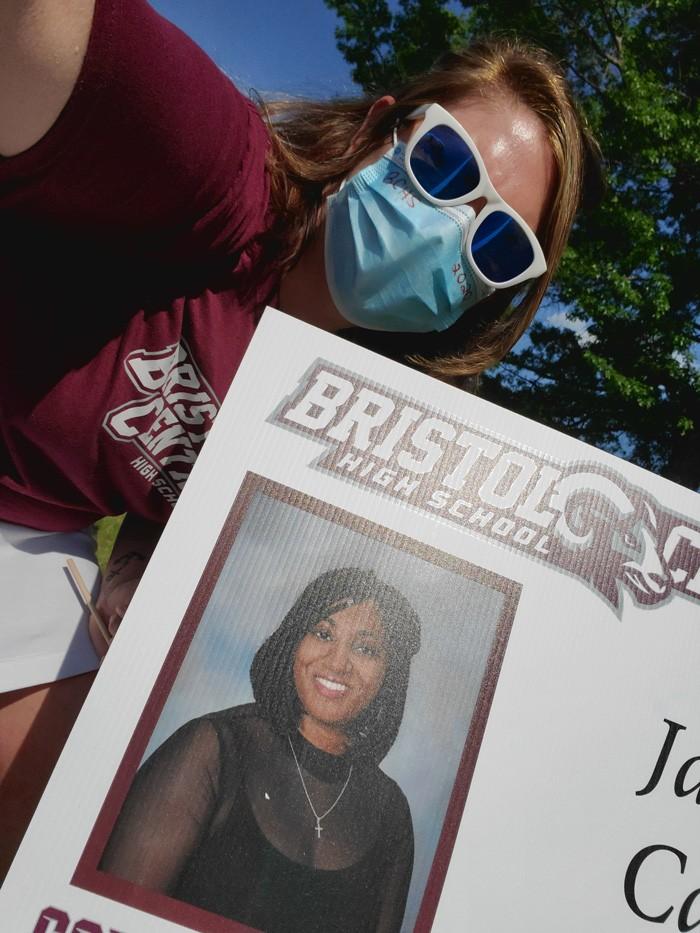
And that’s the lesson I’m taking with me into the Fall. Whether we’re in-person, online or both, we’ll use Chromebooks in class and incorporate the new technologies we’ve all recently learned.
I’ve also realized that these flexible approaches to learning prepare students for college, where they will probably have online, in-person and hybrid courses and will certainly need to learn to work independently.
There’s no doubt that teaching is a challenging profession, and right now even more so. COVID is another one of many challenges you’ll be faced with in life.
It’s such a meaningful job, and I get a real sense of fulfillment. So, If you want to help people and see them succeed, if you have a drive for that, this is the job for you. I love when I see that I’m helping a student and they feel good about themselves. It’s life giving.
Right now, we are all learning new things and doing things we haven’t done before. Education is rapidly evolving and teachers are changing the way the world learns and teaches.
If we’re being honest, we know that school before the pandemic wasn’t working for all students. Everyone was not on board.
In the Navy, we were challenged daily and if something wasn’t working, we had to change it in real time. That’s what educators and the whole community are doing right now. One of our greatest barriers is inflexibility. So let’s break down those barriers. No student overboard!
Melissa Michaud-Maltese is a high school special education teacher in Connecticut, where she teaches sophomores Modern American history, works with juniors and seniors in Chemistry and is the Color Guard coach. She began teaching years after Honorably discharging in 2005 from a career in the Navy and series of curiosity-fueled years working as a trainer, an analyst and even a postwoman! She fell in love with teaching in 2015 and earned her master’s degree in Special Education at Central Connecticut State University’s post baccalaureate certification program.
You can follow her on Twitter: @melissamichaud3
Interested in teaching and have questions? Melissa is a TEACH Connecticut Troops to Teachers coach! Schedule an appointment with her, here.
